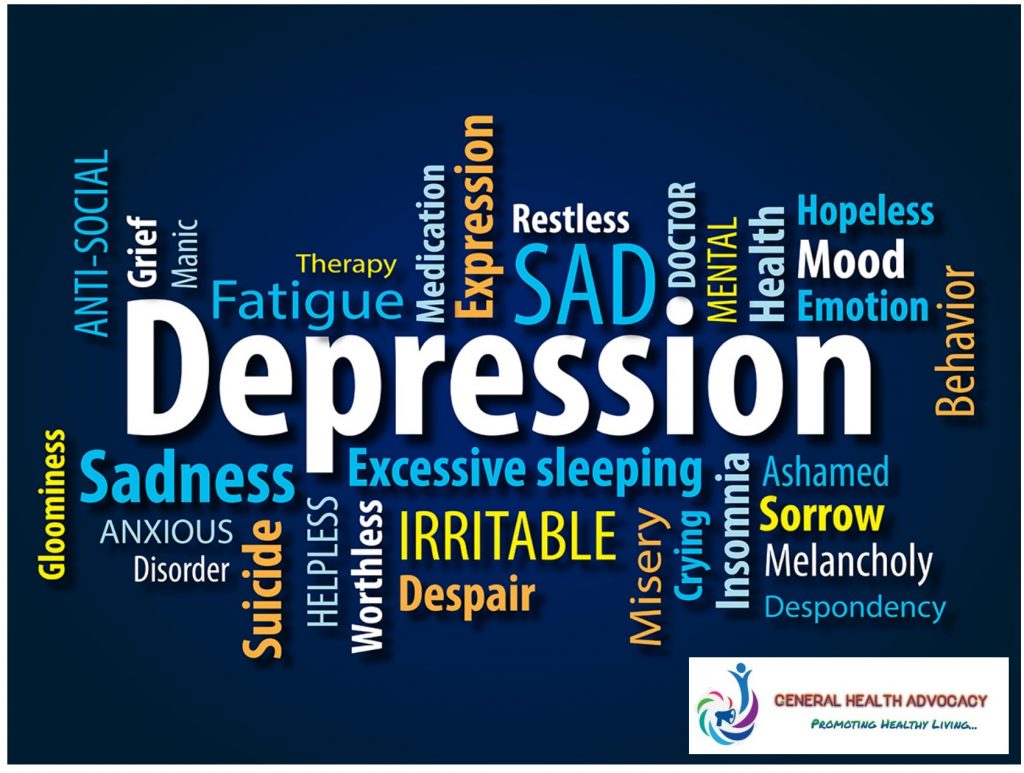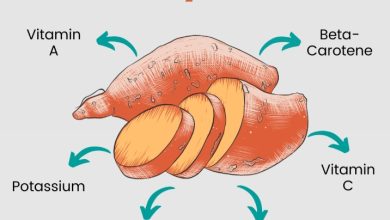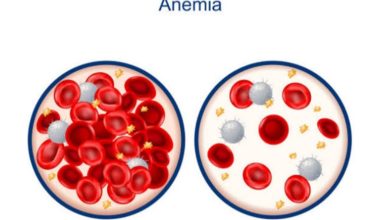
Depression is a mood disorder that causes a persistent feeling of sadness and loss of interest, it affects how you feel, think and behave and can lead to a variety of emotional and physical problems. You may have trouble doing normal day-to day activities, and sometimes you may feel as if life isn’t worth living.
Common symptoms of depression in day-to-day activities, such as work, school, social activities or relationships with others.
- Feelings of sadness, tearfulness, emptiness or hopelessness.
- Angry outbursts, irritability or frustration, even over small matters.
- Loss of interest or pleasure in most or all normal activities, such as sex, hobbies or sports.
- Sleep disturbances, including insomnia or sleeping too much.
- Tiredness and lack of energy, so even small tasks take extra effort.
- Reduced appetite and weight loss or increased cravings for food and weight gain.
- Anxiety, agitation or restlessness.
- Slowed thinking, speaking or body movements.
- Feelings of worthlessness or guilt, fixating on past failures or self-blame.
- Trouble thinking, concentrating, making decisions and remembering things.
- Frequent or recurrent thoughts of death, suicidal thoughts, suicide attempts or suicide.
See Also
There’s no sure way to prevent depression. Many people with depression use therapy, medication, or both to control symptoms. However, these strategies may help.
▪️Take steps to control stress, to increase your resilience and boost your self-esteem.
▪️Reach out to family and friends, especially in times of crisis, to help you.
▪️Get treatment at the earliest sign of a problem to help prevent depression from worsening.
▪️Consider getting long-term maintenance treatment to help prevent a relapse of symptoms.




One Comment